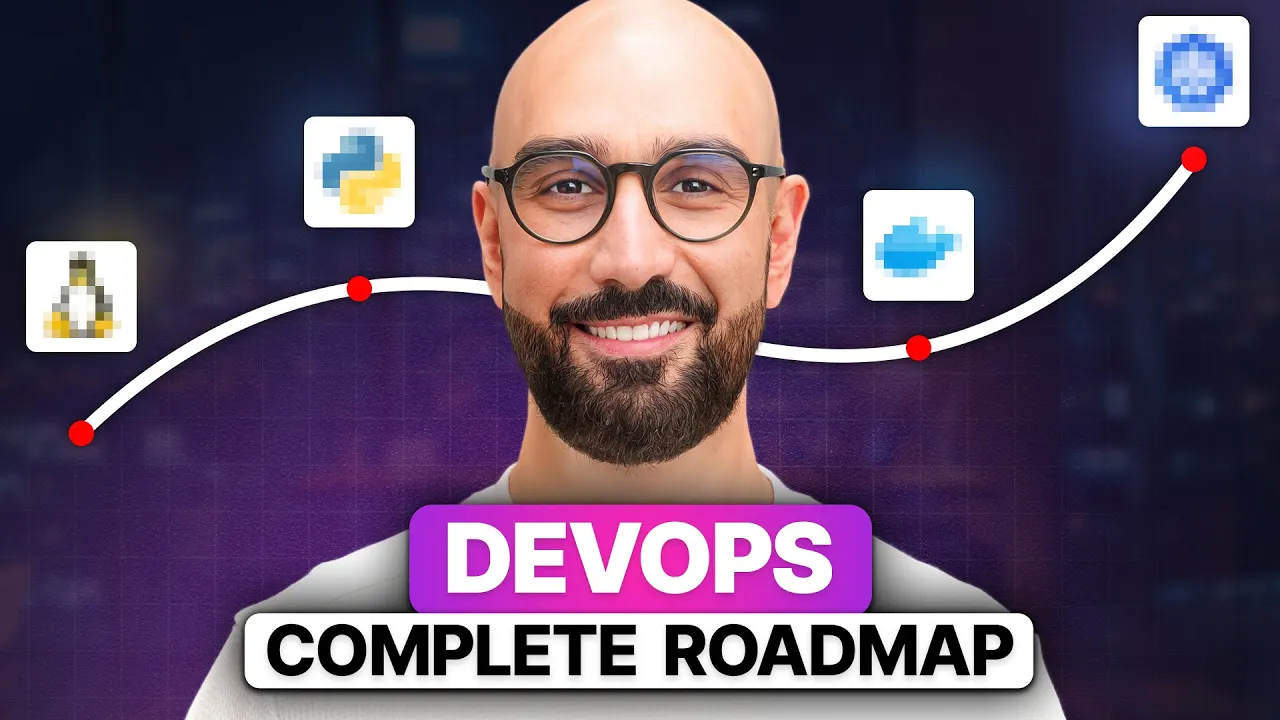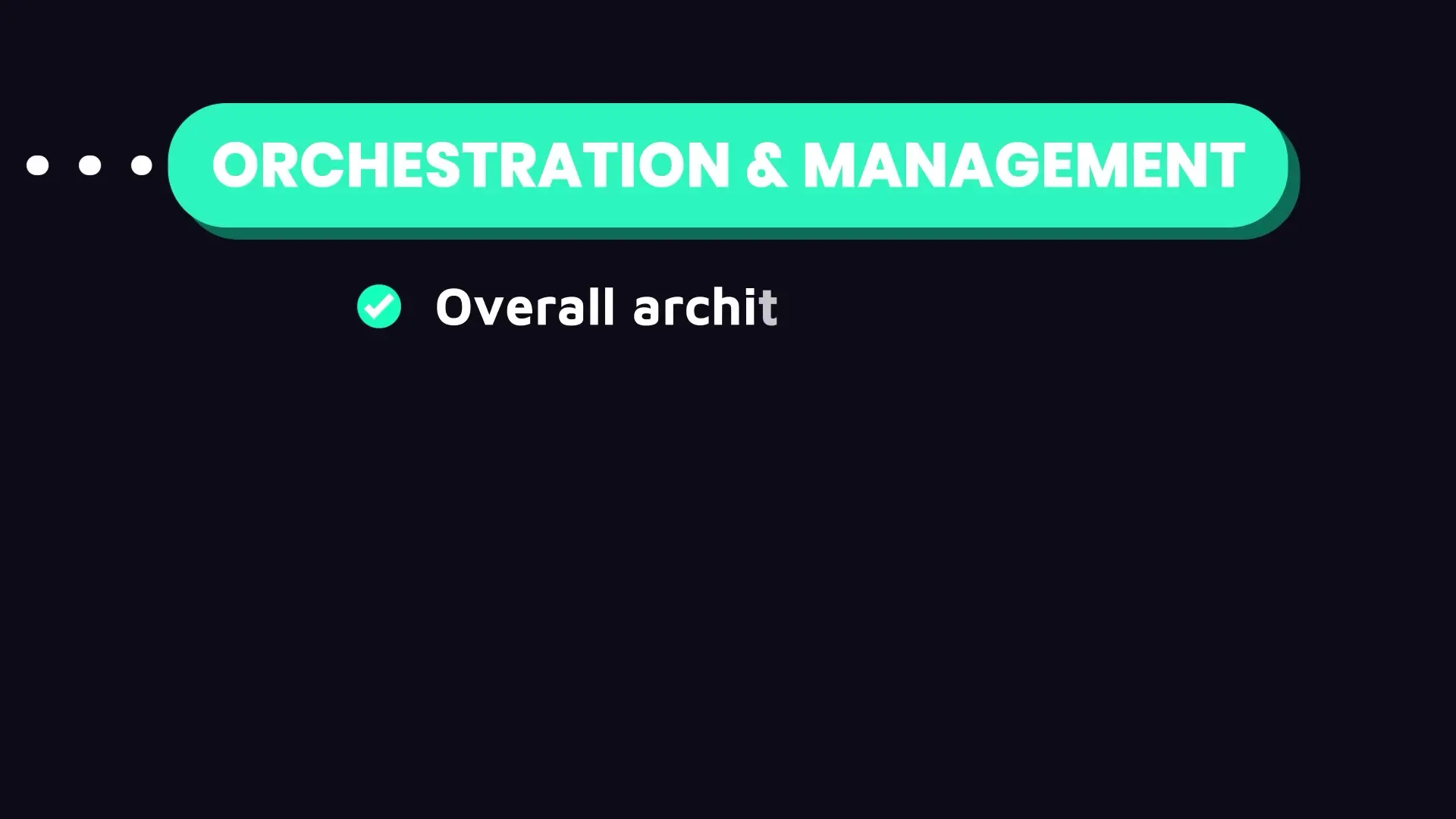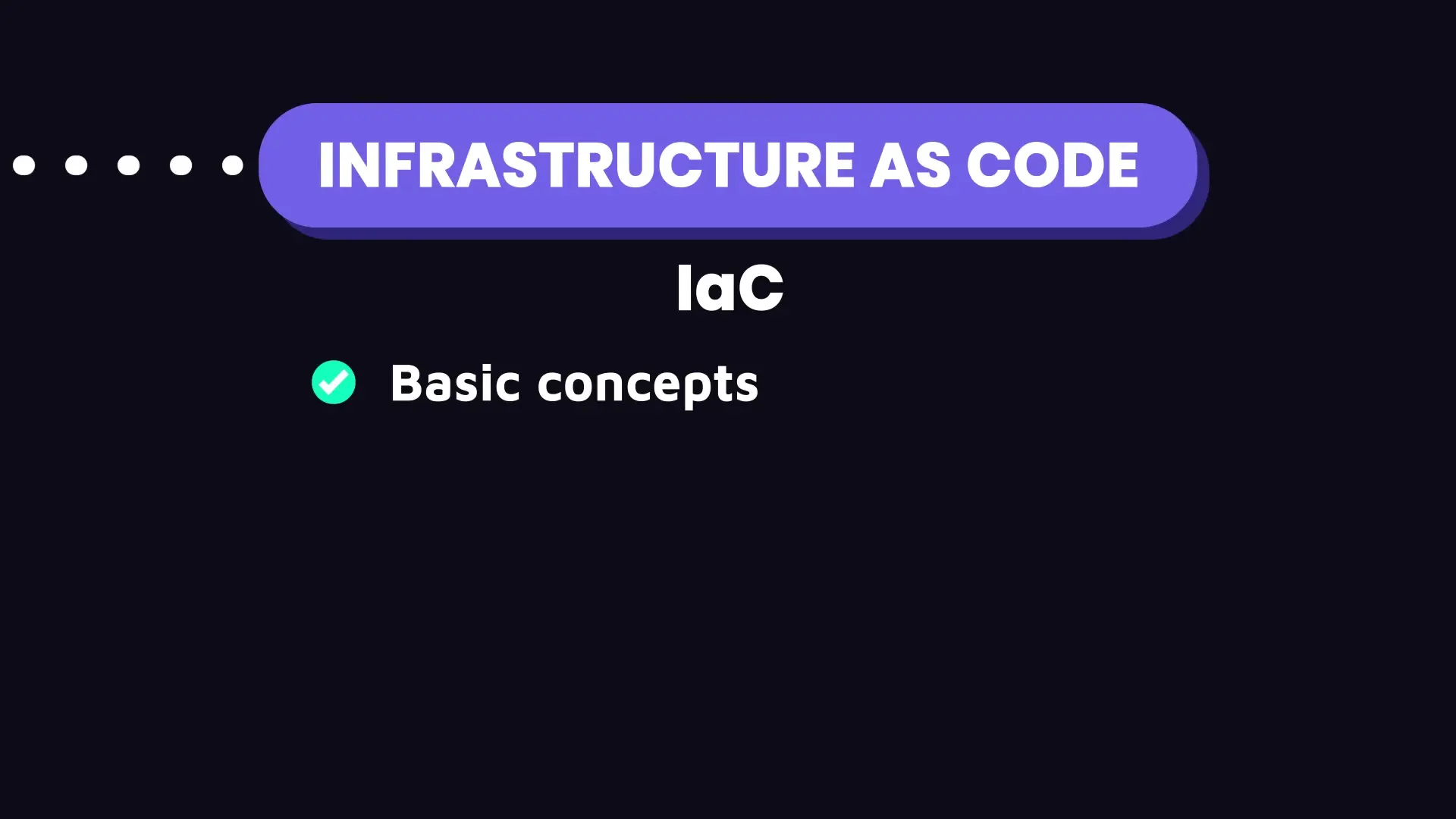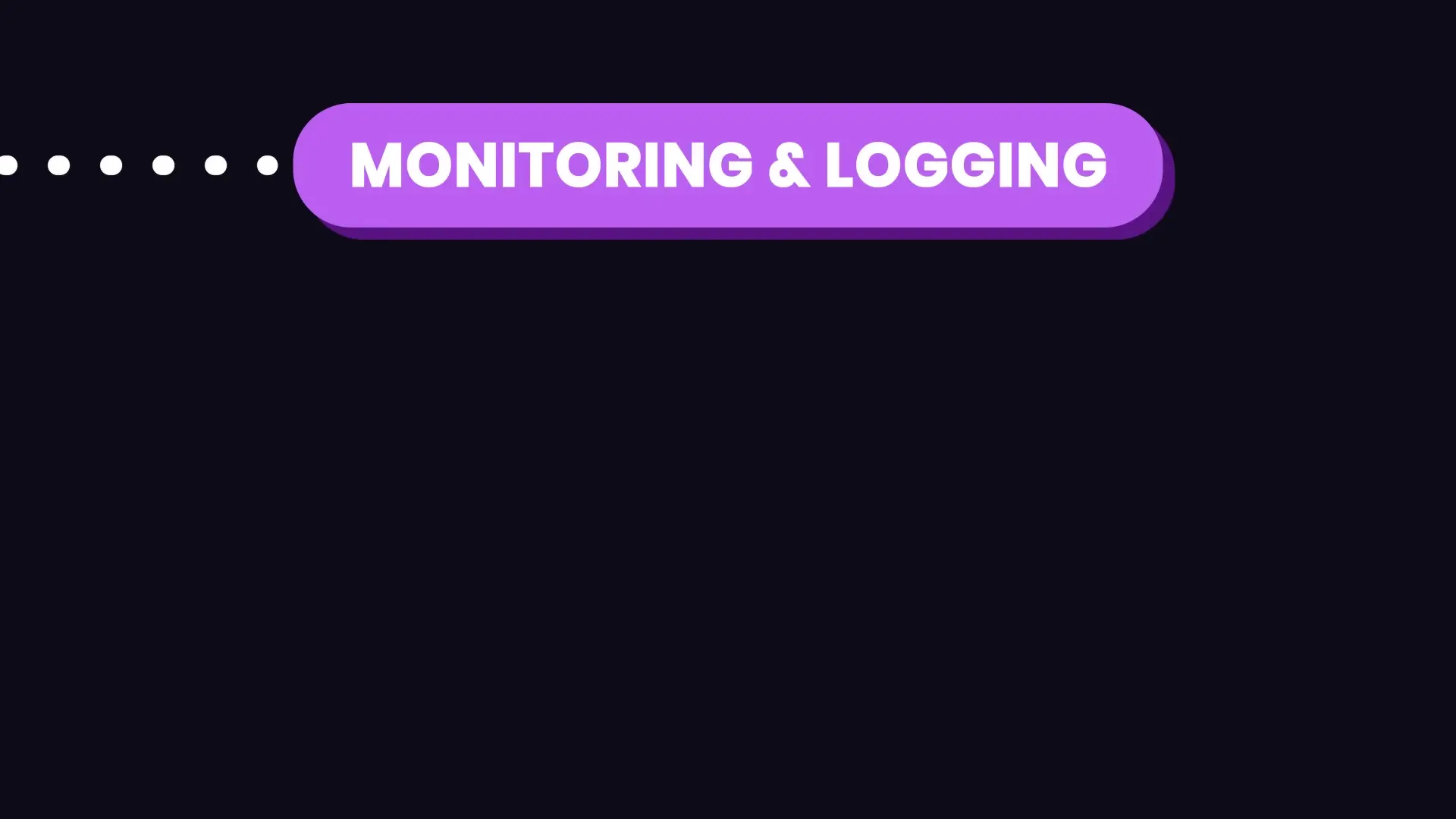
Breaking into DevOps or leveling up your existing skills requires a structured approach to learning. This comprehensive DevOps roadmap outlines all the essential skills, recommended tools, and approximate time investments needed to transform yourself into a qualified DevOps engineer. With dedicated study of 3-5 hours daily, you can master these skills in approximately 10-14 months.
1. Linux Fundamentals (2-3 Weeks)
Linux serves as the backbone of servers and development environments in the DevOps ecosystem. As a DevOps engineer, you'll be responsible for setting up and maintaining infrastructure where applications run, making Linux proficiency non-negotiable.
- Learn bash - the most commonly used shell and scripting language
- Master basic Linux commands for file system operations
- Understand permissions and ownership concepts
- Learn to manage processes and signals
- Become proficient in package management
2. Networking Concepts (2 Weeks)
Networking knowledge is crucial for understanding how computers communicate. DevOps engineers need to comprehend data movement, security implementation, and network troubleshooting. For hands-on experience, tools like Wireshark are invaluable.
- OSI and TCP/IP models
- IP addressing and subnetting
- DNS and DHCP fundamentals
- Networking protocols (HTTP, HTTPS, FTP, SSH)
- Firewalls and security groups
- Basic network troubleshooting with ping, traceroute, and netstat
3. Git Version Control (1-2 Weeks)
Git is an essential version control system that enables tracking code changes and facilitating collaboration. It's fundamental for effective code management and teamwork.
- Basic Git commands (clone, commit, push, pull)
- Branching and merging strategies
- Resolving merge conflicts
- Working with remote repositories
- Git workflows for team collaboration
4. Programming Languages (4-6 Weeks)
While several programming languages are valuable in DevOps, Python stands out for its simplicity, powerful libraries, and versatility. It's particularly effective for task automation and configuration management.
- Python syntax and core concepts
- Data structures (lists, dictionaries, sets, tuples)
- Modules and packages
- Writing and executing Python scripts
- File operations and error handling
- Creating automation scripts for DevOps tasks
5. Cloud Providers (4-6 Weeks)
Cloud platforms like AWS, Azure, and Google Cloud offer extensive services for building and deploying applications. For beginners, focusing on AWS is recommended due to its widespread adoption in the industry and extensive documentation.
- Launching and configuring virtual servers (EC2)
- Storage solutions (S3, EBS)
- Identity and Access Management (IAM)
- Virtual Private Cloud (VPC) setup
- Database services (RDS)
- Serverless computing (Lambda)
6. Containerization with Docker (3-4 Weeks)
Containerization involves packaging applications with their dependencies to ensure consistent behavior across environments. Docker has become the industry standard for container technology.
- Creating and managing Docker images
- Container lifecycle management
- Writing efficient Dockerfiles
- Docker Compose for multi-container applications
- Docker networking
- Docker volumes and persistent storage
- Container security best practices
7. Continuous Integration/Continuous Deployment (CI/CD) (3-4 Weeks)
CI/CD pipelines automate the integration and deployment of code changes, enabling frequent and reliable releases. Jenkins remains a popular choice for its versatility and strong community support, though alternatives like GitLab CI/CD, Circle CI, and Travis CI are also widely used.
- Creating and managing Jenkins pipelines
- Writing Jenkinsfiles for pipeline-as-code
- Integrating automated testing
- Automating build processes
- Implementing deployment automation
- Managing pipeline security
- Pipeline optimization techniques
8. Container Orchestration with Kubernetes (4-6 Weeks)
Orchestration tools like Kubernetes automate the deployment, scaling, and management of containerized applications. Kubernetes has become the de facto standard for container orchestration in production environments.

- Kubernetes architecture (master and worker nodes)
- Core components (pods, services, deployments)
- Resource management
- Application scaling strategies
- Kubernetes networking model
- Storage options (PersistentVolumes)
- Helm for package management
9. Networking and Infrastructure Services (3-4 Weeks)
DevOps engineers must be proficient in setting up and managing services like reverse proxies, caching servers, and load balancers. NGINX is particularly valuable for handling reverse proxies and load balancing functions.
- NGINX configuration as a reverse proxy
- Forward proxy implementation
- Caching strategies for performance optimization
- Firewall and security group configuration
- Load balancing techniques
- SSL/TLS implementation
10. Configuration Management (3-4 Weeks)
Configuration management tools automate the deployment, configuration, and management of servers and applications. Ansible is recommended for beginners due to its agentless architecture and YAML-based syntax.
- Writing Ansible playbooks
- Using roles and modules
- Managing variables and templates
- Inventory management
- Ansible Vault for secrets
- Idempotent operations
11. Infrastructure as Code (IaC) (3-4 Weeks)
IaC involves managing infrastructure through machine-readable configuration files. Terraform has become the tool of choice for many organizations due to its provider-agnostic approach and declarative syntax.

- Terraform concepts (providers, resources)
- Writing Terraform configuration files
- Using Terraform modules
- State management
- Workspaces for environment separation
- Remote state configuration
- Terraform best practices
12. Monitoring and Logging (3-4 Weeks)
Monitoring and logging tools track the performance and health of applications and infrastructure. The Prometheus and Grafana stack has become increasingly popular for metrics collection and visualization.

- Prometheus architecture and data model
- Metrics collection from various sources
- PromQL for querying metrics
- Alert configuration
- Grafana dashboard creation
- Log aggregation principles
- Implementing observability
DevOps Roadmap Timeline Overview
With dedicated study of 3-5 hours daily, this DevOps roadmap can be completed in approximately 10-14 months. The timeline is flexible and can be adjusted based on prior experience and learning pace.
- Months 1-2: Linux fundamentals, networking concepts, Git, and beginning Python
- Months 3-4: Complete Python, begin cloud provider training
- Months 5-6: Finish cloud provider training, containerization with Docker, CI/CD
- Months 7-8: Kubernetes orchestration, networking services
- Months 9-10: Configuration management, Infrastructure as Code
- Months 11-12: Monitoring and logging, advanced topics, practice projects
Conclusion
The DevOps roadmap outlined above provides a comprehensive path from beginner to professional DevOps engineer. By methodically working through each skill area and dedicating consistent time to learning, you can build the expertise needed for a successful career in DevOps. Remember that practical application of these skills through projects is crucial for cementing your knowledge and building a portfolio that demonstrates your capabilities to potential employers.
The DevOps landscape continues to evolve, so maintaining a growth mindset and commitment to continuous learning will serve you well throughout your career. As you progress through this roadmap, focus on understanding the underlying principles rather than just memorizing commands or configurations. This deeper understanding will enable you to adapt to new tools and technologies as they emerge in the ever-changing DevOps ecosystem.
Let's Watch!
Complete DevOps Roadmap 2023: From Beginner to Professional in 14 Months
Ready to enhance your neural network?
Access our quantum knowledge cores and upgrade your programming abilities.
Initialize Training Sequence